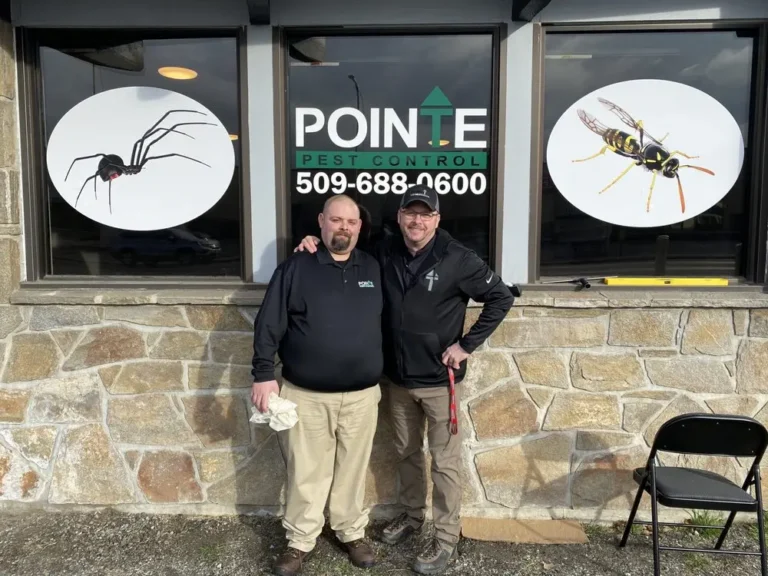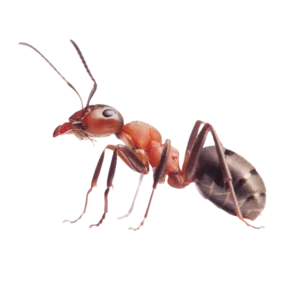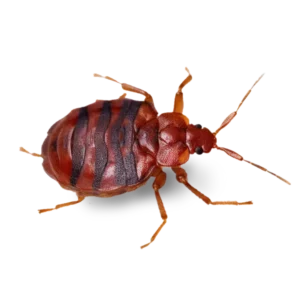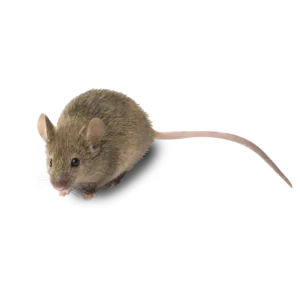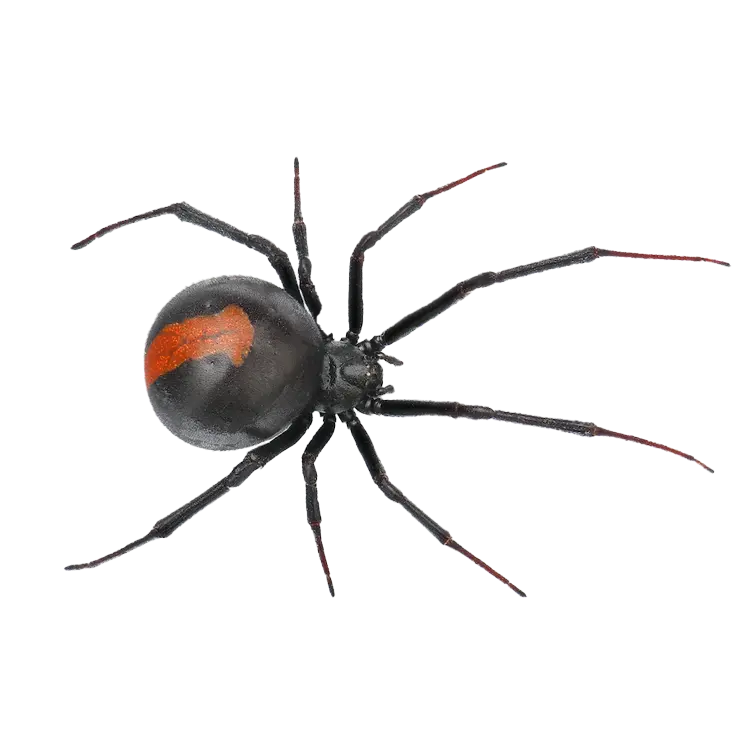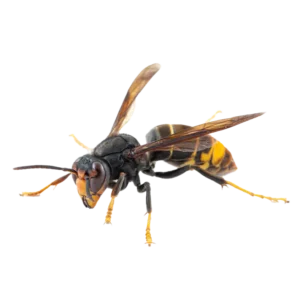Wenatchee Spider Control
Spiders are just a minor nuisance to some, while others have a real fear of them. In either case, spiders in the home are a problem for the people within it and in some cases, they are even dangerous. Washington is home to a number of different spiders, including those that can pose a real threat to human health. For this reason, it is important that everyone knows how to prevent spiders from coming into the home, and what to do if they get in anyway.
Spiders in Wenatchee
According to the Washington State Department of Health, the majority of spiders in the state are venomous, although most spiders do not pose a serious threat to humans. There are two spiders that are of particular concern in Washington. Those are the yellow sac spider, and the far more dangerous black widow spiders.
Black widow spiders are more frequently seen in the eastern regions of the state, although fake black widow spiders are seen throughout Washington. Black widow spiders have trademark characteristics that make them very easy to identify. As the name suggests, they are black in color and many have a red hourglass shape on their abdomen. The bite of a black widow spider is extremely powerful. In fact, it is said to be 15 times more venomous than a rattlesnake. Contrary to what many believe, though, these bites are not typically fatal to humans.
Symptoms of a black widow spider bite include nausea, achy muscles, and perhaps even diaphragm paralysis, which can make breathing difficult. However, black widow spider bites can cause fatalities in small children, older individuals, and those with a pre-existing condition.
The yellow sac spider is far less dangerous than black widow spiders, but they are much more aggressive. Any time a yellow sac spider feels threatened they will bite, sometimes repeatedly. Some people never realize they have been bitten by a yellow sac spider, while others will find they are quite painful. The bite can also leave just a small red bite behind, while others may develop a pustule, with a person experiencing a painful and burning sensation within the hour.
Keeping Spiders Out of the Home
Although most spiders pose little risk to humans, it is important to keep all of them out of the home. They are a nuisance and some individuals are truly fearful of them. To keep spiders away from you and your home, you should:
- Be gentle: It is natural to try to swat or squash a spider if you see one on you or your friend. However, doing so will only cause the spider to feel threatened, meaning it will likely bite. Remain calm and gently brush the spider off, trapping it or killing it afterward.
- Inspect: You likely bring many items into your home without even thinking that they could be infested with spiders or a spider’s egg sac. These items include Christmas trees, firewood, used furniture, and even plants from outside. Always inspect everything before bringing it into your home to ensure that you are not bringing spiders in with those items.
- Remove clutter: Clutter in the attic, garage, or shed is a great place for spiders to live. In these dark spaces they can make their webs, lay their eggs, and find protection from predators, such as pets. Always keep all spaces free from clutter and vacuum regularly to ensure there are no spiders or egg sacs left behind.
- Keep a distance: Shrubbery and firewood also make great homes and breeding ground for spiders, so it is important to keep these a significant distance from your home. This way, you will make it harder for them to get into your home, particularly once the weather turns colder.
- Seal entryways: Like any pest, spiders need an entryway into your home in order to make their way inside. Unlike many other pests though, spiders can fit into the smallest of cracks and crevices. Always identify any crack or hole in the exterior of your home that could allow spiders inside and seal them to remove access.
Sometimes, even the best prevention methods are not enough to fully keep spiders out of the home. When that is the case, it is important to call a spider control specialist that can help remove them and keep them from coming back.

